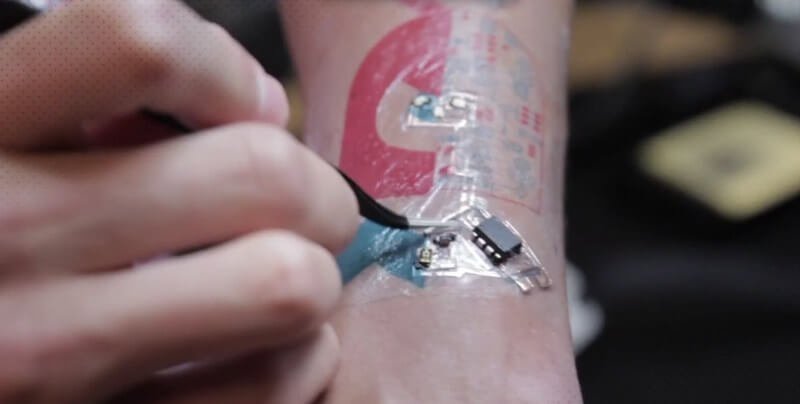We can hack our technologies, and even our societies, so why not ourselves?
Alas, things are not so straightforward. While there are many similarities between the biological and the computational, biological systems are complex on an entirely different level. They have evolved over millions of years, with a great deal of feedback and a mind-bogglingly large number of interacting components. And, in many ways, they’re already well-tuned and optimized.
Biology is a game of trade-offs. Any change in an interconnected system can yield both positives and negatives. Ways around sleep, for instance, come with costs. Taken to their extreme, practices like polyphasic sleep can take a month of adapting before you stop feeling like a zombie, and can severely mess with your social life. Caffeine, which more than 50 percent of Americans consume daily in coffee, is no panacea. Coffee makes you feel awake, but it can make you jittery, with the occasional sensation of your eyes bugging out from your skull.
…
When it comes to biology and nutrition, while there is no doubt so much more to learn (and not everything that stands the test of time is necessarily correct), an incremental tinkering approach, tempered by a lot of humility, might be much more effective in the long term than the quick fixes of biohacking.
Editor’s note: Samuel Arbesman is the scientist in residence at Lux Capital, a science and technology venture-capital firm
Read full, original post: The Human Body Is Too Complex for Easy Fixes































